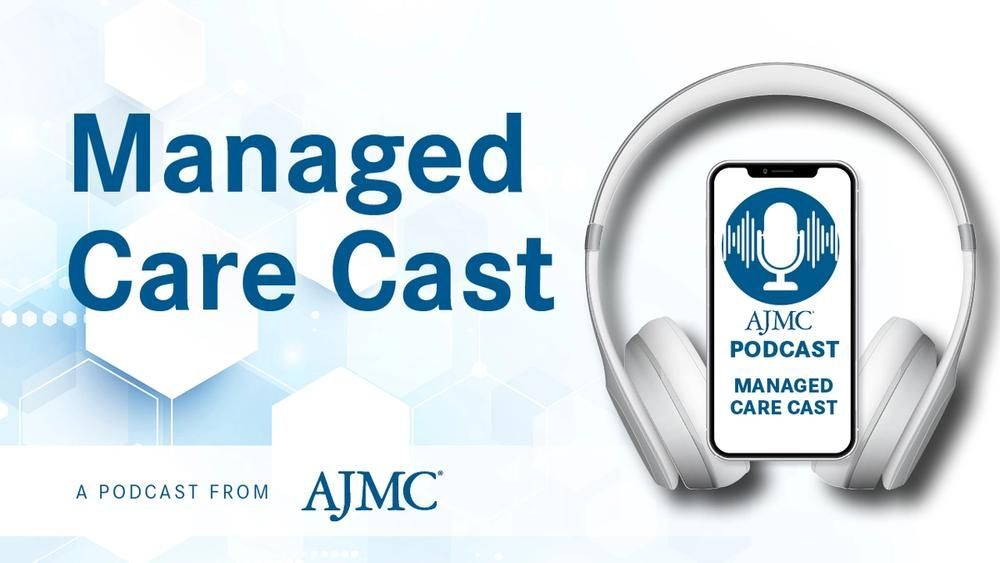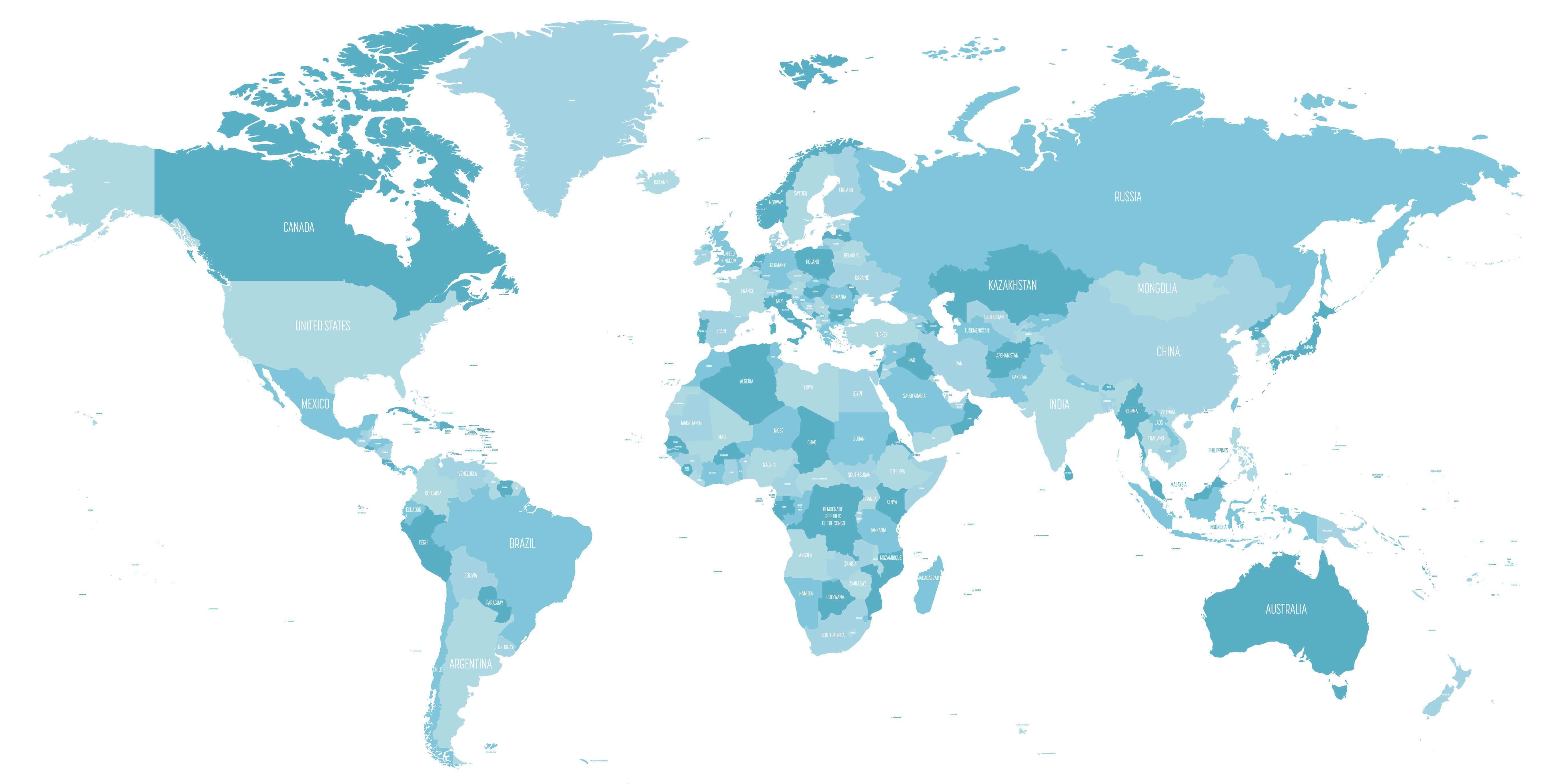Video
Coronary Plaque Regression and CV Risk
How icosapent ethyl differs from other available omega-3 supplements in terms of efficacy and prevention against cardiovascular events.
Transcript
Deepak L. Bhatt, MD, MPH: Let me ask you to elaborate, just briefly. To me, that seems like a lot of impact on total plaque volume and plaque progression rates and so forth, especially when I think back to older studies that I was involved with. But maybe you can put into context, for the audience, how that does compare to other studies of plaque progression or regression?
Matthew J. Budoff, MD: There were some studies out of Japan that looked at other fish oil products, other EPA [eicosapentaenoic acid] products, I should say, that were also positive. This is more of a parallel group to what we studied in REDUCE-IT, and this was obviously a US population, so I think it does add quite a bit to what we understand about this. We’ve seen plaque progression slowing or regression with statin therapy. This is now, again, adding to statin therapy in EVAPORATE, and we see further benefit. So I think it is supplementary to what we’ve seen in other trials using CTA [computed tomography angiography] or intravascular ultrasound if we parallel a more invasive technique.
Deepak L. Bhatt, MD, MPH: That’s terrific, and you made me think of something. You said supplementary, and that made me think of supplements. Maybe I can ask Dr Navar to speak a bit about how what we’re talking about in REDUCE-IT, a prescription medication called icosapent ethyl, differs from omega-3 supplements, or the stuff that you can go into the store and buy without a prescription. And do those supplements offer any sort of benefit whatsoever in terms of CV [cardiovascular] risk reduction?
Ann Marie Navar, MD, PhD: Thanks, Dr Bhatt. This is critically important because millions of our patients are taking supplement forms of fish oil. An important thing to know is that the FDA does not regulate supplements in the same way they regulate prescription or over-the-counter medications. Supplements are essentially regulated as food, which means that the only time the FDA will investigate safety concerns is if something is raised. But there’s no prospective requirement for safety data for supplements. There’s not the same level of quality control, nor is there a mandate for effectiveness or efficacy data in the same way that we need from prescription drugs.
We’ve had 2 large, publicly funded trials of fish oil in the prevention of cardiovascular disease, and supplement forms of fish oil have never been shown to lower the risk of cardiovascular disease. So these are not effective therapies. There are a couple of reasons for this. The first reason is that the dose of EPA that you get out of a supplement is a fraction of the 4-g dose that you get out of highly purified icosapent ethyl. You don’t get nearly the same dose as you would need, at least based on what we saw in JELIS and REDUCE-IT.
The second is that supplement fish oil literally is just squeezed fish, taking the oil and putting it into a capsule. And because of the lack of quality control, that often oxidizes. It contains DHA [docosahexaenoic acid], which can raise LDL [low-density lipoprotein] levels, as well as a number of other impurities. And Preston Mason, MBA, PhD, has done a lot of work showing things like mercury content and other contaminants or things that you don’t want to put into your body from supplements.
I think the reason why we see the differences is in both the amount of EPA and the presence of other things, and it’s critically important that our patients know that when they’re taking fish oil to try to lower their heart disease risk, they’re likely not helping themselves. They could be causing harm. And as it relates to eligibility for icosapent ethyl, even though they do reduce triglycerides a little bit, it might be just enough to make them not eligible for icosapent ethyl without giving them any sort of cardiovascular benefit. I strongly encourage my patients to reconsider the fish oil supplements they’re taking, unless there’s some other strong reason that they personally want to take those.
Deepak L. Bhatt, MD, MPH: Yes, I think those are really important points. The supplements tend not to be that cheap either, so it’s not necessarily a great thing to be taking something that’s not providing benefit and is costly, and is perhaps displacing other evidence-based therapies that might otherwise be used.
Newsletter
Stay ahead of policy, cost, and value—subscribe to AJMC for expert insights at the intersection of clinical care and health economics.




